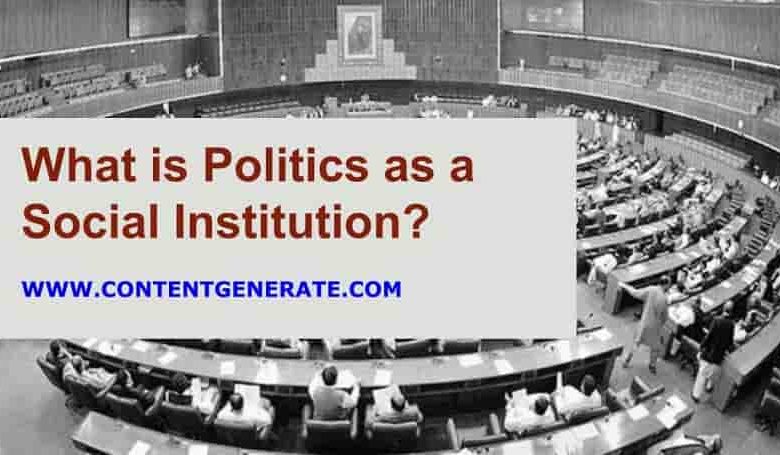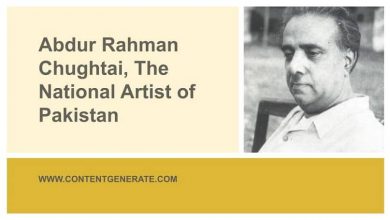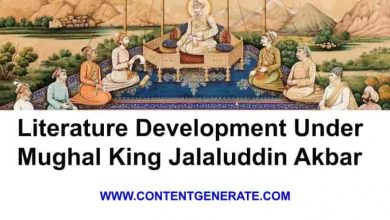What is Politics as a Social Institution?

This article defines and discusses ‘politics’ as one of the social institutions.
Contents
What is politics as a social institution?
Politics as a social institution has many definitions. In light of these multiple definitions, one can generalize it as follows:
“Politics as a social institution refers to an institutionalized system through which power is acquired and exercised in accord with a supreme law to administer a state”.
What is government?
A government is the main agency politics as a social institution. In a generic sense, it is a group of people having the authority to govern a state. It enjoys the authority of formulating and enforcing policies about different fields of life with full sanction.
A government can be of two types, legitimate and illegitimate government. In order to be a legitimate government, it needs recognition from the people it claims to govern. This means a ruling body does not enjoy the authority to rule if the people it represents do not recognize it.
Functions of government
The following are some salient functions that a government has to do in any state in the world:
1. Maintenance of law and order
The maintenance of law and order is the first and foremost duty of a government. It acts as the primary agency through which a state enforces its laws. Moreover, it encourages certain forms of social conduct and restricts some others as per law of the land.
It is the government that is supposed to provide security to the life, property of people and implement fundamental human rights. It regulates law enforcement agencies and courts with reference to ensuring the maintaining law and order in a state.
2. Foreign Relations
No nation of state can exist in isolation. They need to interact with the world to fulfill the different needs of their citizens. This need to handle foreign relations is another pivotal responsibility of a central government. It develops and maintains political, economic, and cultural links with other states of the world. In this regard, the government uses human (parliamentarians, foreign secretaries, ambassadors, etc.), natural and financial resources.
3. Welfare of the People
One of the functions of any state is to ensure the welfare of its citizens. To put it in other words, the state takes such steps that could help increase the living standard of its people. Welfare measures refer to efforts in providing health, education, employment, public services, and retirement benefits. Similarly, poverty eradication, provision of social justice, equitable distribution of resources, and development in alignment with the cultural context of communities are what a state is expected to focus on.
4. National Security
The safety of citizens from both internal and external threats is another important function of a state that it performs through the government. The government maintains a fully equipped standing army with modern weaponry and combat training. It can also use trained military personnel for maintaining order in case of emergency domestic situations.
5. Monitoring and Evaluation of other Institutions
All institutions are accountable to the political institutions i.e. parliament, government, etc. as per set codes and standards. Thus, the performance of all other institutions is assessed and evaluated by political institutions.
6. Political Socialization of Masses
Politics as a social institution creates an environment of learning and perception-making about political rights, duties, actions, and their implications. These perceptions in turn shape the course of action both at the individual and collective level in the political and economic arenas.
Political socialization helps people of all ages acquire political attitudes, values, behaviors, and cognition they come across in day-to-day life. Thus the government as the main element of the social institution promotes socialization as per the collective will be demonstrated in the law of the land.
7. Supervision and Conflict Resolution
It is one of the important functions of politics as a social institution to keep supervision and to Supervise and resolve conflicts through its main agent, the government.
8. Regulation of the Economy
Regulation of economy refers to an act of undertaking steps with reference to the production of goods and services, their efficient distribution, and quality consumption. The government regulates laws as per the respective provision provided in the constitution of its state.
9. Protection Rights of the People
It is fundamental of the government’s to duty of o safeguard the political and social rights of citizens as per the constitution of the land.
10. Supply of Goods and Services
Government as part of politics ensures efficient transportation services – both in terms of freight and passenger traffic transport. Similarly, it keeps a check and balance on the trade and ensures the supply of basic commodities and services. For example, there are strict laws to discourage black-marketing, corruption, etc.
Thus the government as the major agency of politics ensures the provision of goods and services.




